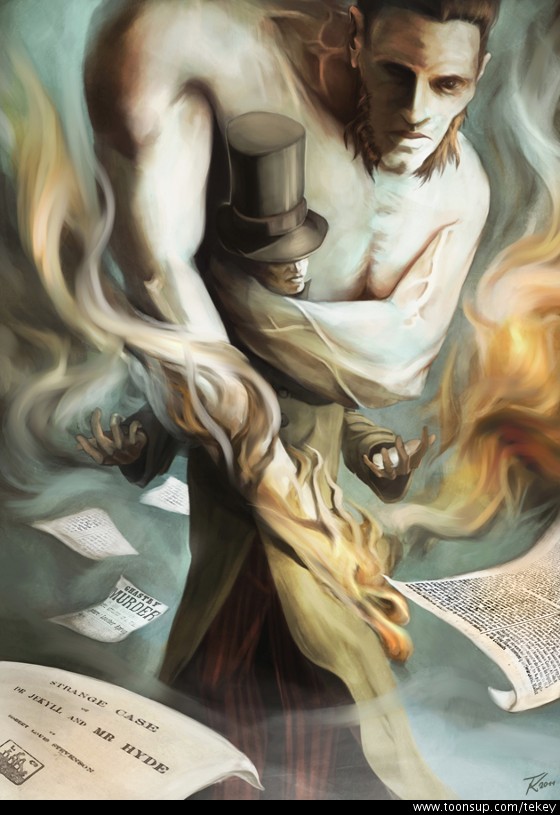
“Man has to realize that he possesses a Shadow which is the dark side of his own personality… if only for the reason that he is so often overwhelmed by it.” (1) Shadow refers to aspects of our personality relegated to the darkness of the unconscious and which Jung saw as a doorway to the Self. The journey of individuation involves integrating the Shadow - where some of our gold is buried - in order to attain wholeness (not perfection).
All human nature includes, in potential form, the ‘virtuous’ qualities of love, empathy, kindness, generosity, compassion, altruism, courage, patience and creativity. It also contains a capacity for ‘negative’ tendencies such as selfishness, pettiness, greed, envy, cowardice, cruelty, violence, destructiveness, and ‘immoral’ impulses (1). The socialization process teaches us to aspire to goodness - rejecting and disowning unacceptable feelings and behaviors – which, when expressed have brought shame, rejection or punishment. These psychic elements don’t disappear, but become unconscious. They, together with undeveloped primitive potentials that have never been conscious, form the Shadow. An extreme example of our split nature is portrayed in the story of Dr. Jekyll and Mr. Hyde, where the persona (conscious personality) and Shadow battle for supremacy within the mind.
The Shadow contains not only destructive aspects, but also life promoting characteristics and powerful capabilities which can unlock our unique potential. In adapting to our surrounding world, our healthy assertiveness, ambition, exuberance, sexuality or creativity may have been condemned by those around us due to their own Shadow aspects of envy, fear, or ignorance. Our need for belonging may have caused us to repress talents, innate abilities, and impulses which if cultivated would have established a more grounded resilience and a sense of comfort in our own skins, leading to healthier functioning and a more effective approach to life. “The Shadow, when it is realized, is the source of renewal…” (2) “The acceptance of the Shadow involves a growth in depth into the ground of one’s own being… a new depth and rootedness and stability is born.” (1)
When you harbor the illusion that the less desirable aspects of human nature do not exist within you, you limit your consciousness and access to your inner depths. We hide our negative qualities, not only from others but from ourselves. Denial and repression of Shadow aspects doesn’t rid you of unwanted qualities. They fester until they erupt unexpectedly and you ‘behave badly’. Alternatively, you project these ‘inferior’ or ‘immoral’ qualities– seeing them in others – and scapegoat them for the dark side that is a potential in us all.
Sources: (1) Erich Neumann (1949) Depth Psychology and a New Ethic (2) Connie Zweig & Jeremiah Abrams (1991) Meeting the Shadow: The Hidden Power of the Dark Side of Human Nature (3) https://academyofideas.com/2015/12/carl-jung-and-the-shadow-the-hidden-power-of-our-dark-side/
Image credit: Tony Klemm – Dr. Jekyll and Mr. Hyde
#jung #carljung #jungpsychology #jungianpsychology #depthpsychology #analyticalpsychology #unconscious #consciousness #innergrowth #archetypes #individuation #shadow #darkside #darknightofthesoul #nightseajourney #katabasis #nekyia #nigredo #descent #initiation #death #depression